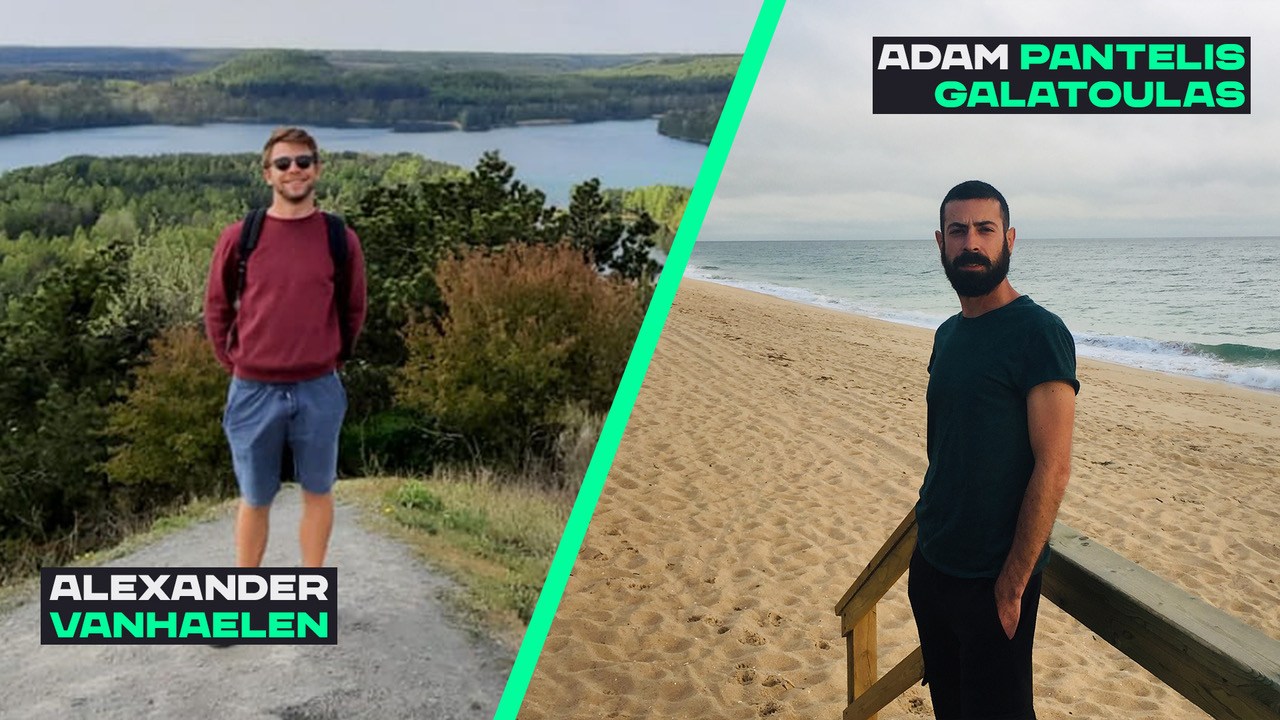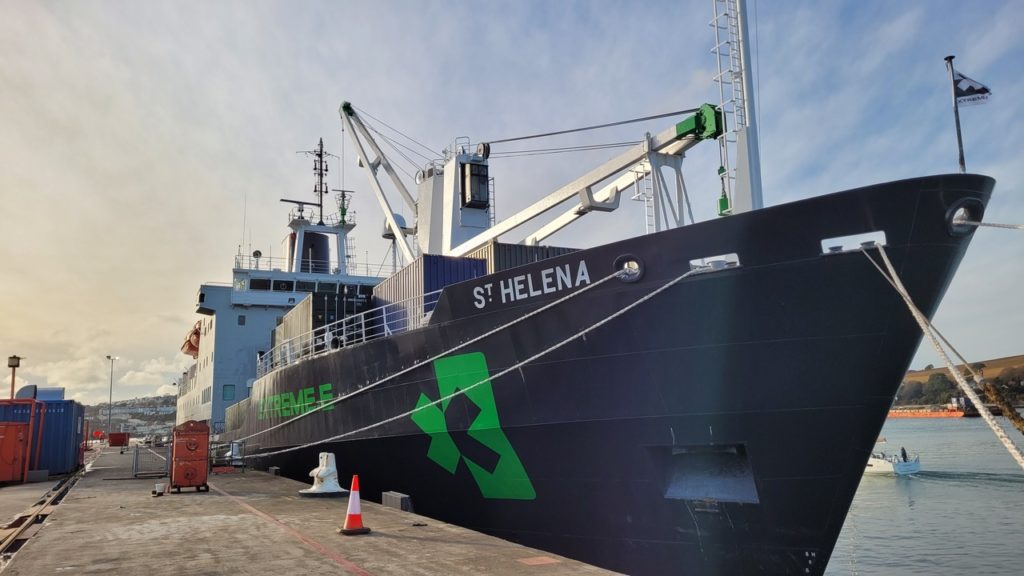A project led by 24-year-old Alexander Vanhaelen from Belgium is investigating changes to marine life as a result of climate change, with the research conducted aboard a floating laboratory in the form of the vessel St. Helena.
The initiative is the first joint science research project from Extreme E, an electric motorsport series designed to raise climate change awareness, and Enel Foundation, an energy transition think tank.
The purpose-built laboratory on the St. Helena will support Vanhaelen’s research as he and fellow scientist Adam Pantelis Galatoulas filter seawater to obtain DNA shed by marine organisms, then sequence it in order to determine how marine life has changed in various parts of the ocean that are subject to different conditions.
The goal is to create a global inventory of vertebrate species to support existing data banks.
“I hope our research will contribute to the race against global climate change by confirming which species occur in which regions, and how they have been moving or even disappearing,” said Vanhaelen.
“My ultimate goal is to provide this knowledge to improve sustainable fisheries, conservation and management. I know this project will provide vital information for this, which I am incredibly motivated by.”

The two scientists will be collecting data on marine life from aboard the St. Helena, which is currently in Kangerlussuaq, Greenland. Image from Extreme E.
Both scientists study Marine Biology at the University of the Algarve in Portugal, and believe there are a variety of reasons for potential changes in marine life, including human impact and climate change which they say can lead to a loss of biodiversity.
These factors can impact the make-up of marine environments and the species that live there, leading to issues such as extinction and the introduction of invasive species, both of which scientists say are at an all-time high.
“Sadly, nature is suffering, and we are determined to see what we can do to make it better,” Vanhaelen said.
“In 2016, I saw how a single fish can make a whole family celebrate like they have won the world championship, and I know together we can gather the knowledge to give that feeling to many more people whose lives depend on the ocean by helping to sustain its resources.”
The work is supported by the partnership of Extreme E and Enel Foundation, who say this type of research and the knowledge it will provide “are critical to understanding the behaviour of marine communities to inform effective ecological management and conservation biology.”
“Alexander’s research is part of a growing trend in the scientific community working on the synergies and trade-offs between climate and biodiversity,” said Louisa Tholstrup, Extreme E’s Science and Legacy Manager.
“It contributes to research urgently needed to take action to protect biodiversity that simultaneously contributes to the mitigation of climate change and understanding the capacity of marine species and ecosystems to adapt to those climate changes that cannot be avoided. We are very grateful to Enel Foundation for supporting this crucial research.”
The research team’s findings will be published in an international scientific journal and will be shared at scientific meetings dedicated to marine biodiversity.

